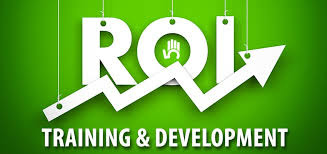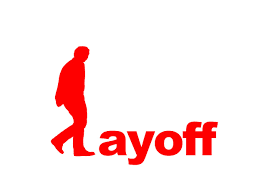Headhunting - A Matchmaker's Morality in the Corporate Jungle

(Source:iSmartRecruit) The corporate world thrives on competition, and talent is a key battleground. On this ground, headhunters emerge as skilled matchmakers, connecting companies with high-caliber candidates. But is headhunting ethical? Let's investigate the complex world of recruitment, exploring both sides of the coin. Before evaluation, Let’s find out what is the Headhunting? Headhunting, also known as an executive search, is the process of finding the best possible candidate for a position. Companies use this strategy to fill executive positions, or the head roles of the company, such as chief executive officer. (Indeed Editorial Team, 2023) The Upsides- Filling the Gap with Expertise Headhunters are champions of efficiency. Companies, especially those seeking niche talent or leadership positions, can struggle to find the perfect fit through traditional advertising. Headhunters leverage their networks and expertise to source a targeted pool of qualified candidates,







